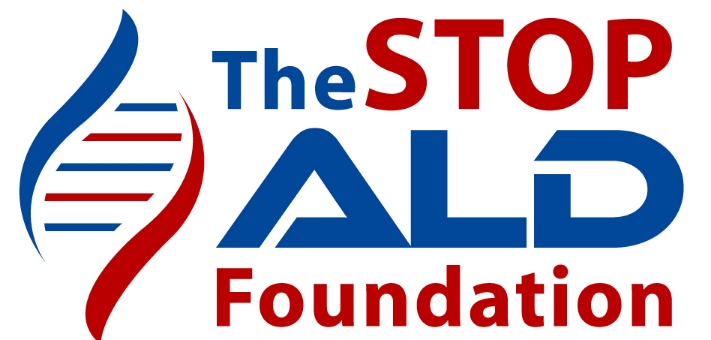March 29-30, 2001
World's Leading ALD and Gene Therapy Experts Meet to Progress a Cure
Philadelphia, Pennsylvania, USA
Hosted by GlaxoSmithKline In Cooperation with The Stop ALD Foundation
On March 29-30, 2001, GlaxoSmithKline, in cooperation with The Stop ALD Foundation, convened in Philadelphia a first-ever meeting of a select group of scientists to evaluate and further explore treating adrenoleukodystrophy (ALD) vis-�-vis gene therapy. The group included world specialists in the fields of ALD, bone marrow transplants, gene therapy, neurology, and cutting edge biotechnology. Also several US governmental agencies were represented including the FDA Office of Orphan Products, National Institute of Neurological Disorders and Stroke, National Institutes of Health, and the National Office of Rare Diseases. The Stop ALD Foundation brought these eminent specialists together with to gain insights from a multidisciplinary approach and to determine which specific efforts might benefit from Foundation support.
Attendees
- Patrick Aubourg, Hospital Saint-Vincent de Paul in Paris
- Pierre Bougneres, Hospital Saint-Vincent de Paul in Paris
- Natalie Cartier, INSERM, Paris
- Ken Cornetta, National Gene Vector Laboratories
- Matt During, CNS Gene Therapy, Thomas Jefferson University
- Dennis Hickstein, National Institutes of Health
- Orest Hurko, Neurology Center of Excellence, GlaxoSmithKline
- Henrietta Hyatt-Knorr, Acting Director National Institutes of Health, Office of Rare Diseases
- Tal Kafri, University of North Carolina
- Don Kohn, Keck School of Medicine of the University of Southern California
- Michael Lotze, GlaxoSmithKline
- Guy McKhann, Johns Hopkins and the National Institute of Neurological Disorders and Stroke
- Hugo Moser, Kennedy Krieger Institute / Johns Hopkins
- Tan Nguyen, Food and Drug Administration Office of Orphan Products
- Amber Salzman, GlaxoSmithKline
- Rachel Salzman, The Stop ALD Foundation
- Jim Wilson, Institute for Human Gene Therapy
Agenda
ALD pathophysiology
Current treatment
Current gene therapy efforts applied to this disease
Gene therapy in relation to bone marrow transplants
Gene therapy for the central nervous system
Gene therapy for other disorders
Details on vectors (the vehicles that carry the desired genetic material).
Once the scientific material had been reviewed, a guided discussion ensued. Important data was analyzed, and a methodology for making and charting progress was discussed, including:
The importance of the large amount of data that exists describing the natural progression of the disease. This may serve as control data among other uses.
The nuances of vector choice.
Considerations regarding stem cell cycling, manipulation, and selection.
Potential biosafety and biosecurity issues.
Thoughts about experiments and scientific evidence that would be required in order to initiate FDA Phase I/II trials. This refers to clinical trials to be conducted in humans.
Benefiting from tangential research efforts that may further this therapeutic goal.
The need for further understanding of the pathophysiology details of ALD.
The usefulness of finding a more clinically relevant animal model than the current knock-out mouse model.
Appreciating that this genetic defect is presumed to be carried in one of every 15,000 males, newborn screening would be a highly desirable diagnostic tool.
The meeting was adjourned with all members gaining an appreciation for the complexity of the disease coupled with a rational sequence of goals that must be accomplished. An incredible amount of work lies ahead, however, there is also a strong sense of optimism if these efforts progress. It is clear that funding will be a prerequisite for accelerating emergence of a therapy.
The Stop ALD Foundation considers this meeting to have been a tremendous success. Through the continued coordinated and dedicated efforts of GlaxoSmithKline, the Stop ALD Foundation, and the humanitarianism of this group of researchers, an important groundwork has been laid for coordinating a multi-faceted approach to seeking therapy and, eventually, a cure for ALD.
